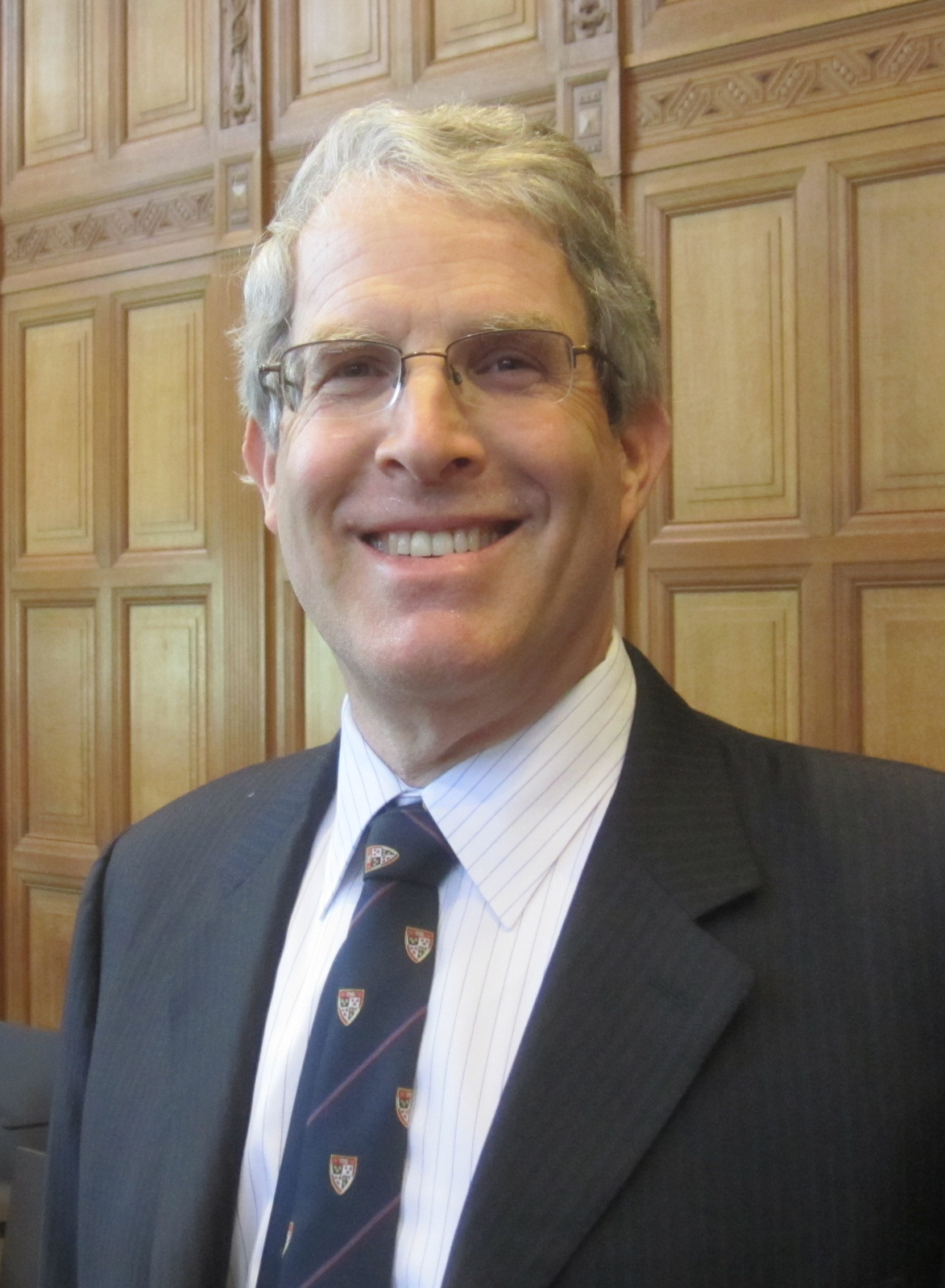Prominent ecologist joins FSU as Mote Eminent Scholar in Marine Biology

Florida State University has named Marc Mangel the William R. and Lenore Mote Eminent Scholar in Marine Biology for 2020-2021. Mangel is a Distinguished Research Professor of Mathematical Biology at the University of California, Santa Cruz, an adjunct professor in the Theoretical Ecology Group at the University of Bergen, Norway, and an affiliate research professor at the University of Washington, Tacoma.
Mangel will join the FSU faculty as a courtesy professor in the Department of Biological Science, part of the College of Arts and Sciences. This is the second time Mangel has been selected for the honor.
“I am thrilled to be appointed Mote Eminent Scholar for 2020-2021, and especially honored because I also was the Mote Eminent Scholar 20 years ago,” Mangel said.
Since his previous designation in 2000, Mangel has continued his research on ecological conservation and management, and is credited with making significant advances in ecological theory. His work focuses on using mathematical methods to solve problems that arise in biology — specifically in the fields of ecology, evolution, and behavior — with his research covering a variety of species, ranging from tiny ocean krill to the whales that consume them. Mangel also served as the independent expert witness in the case, “Whaling in the Antarctic: Australia v. Japan” in the International Court of Justice, which ruled Japanese whaling in the Antarctic to be illegal under international law.
Through the endowment, Mangel will join members of the Florida State faculty this fall to participate remotely in a research working group, and again, later in the 2020–2021 academic year, for continuing interactions with FSU faculty, students and postdoctoral researchers. Mangel is also slated to deliver a public lecture in the spring and has been invited to spend time at the Mote Marine Laboratory in Sarasota, Fla.
“I am delighted to be involved with a research group, led by Daniel Okamoto and including many wonderful young scientists, planning to tackle especially important problems," Mangel added.
FSU assistant professor of biological science Daniel Okamoto described Mangel as one of the most influential ecologists of the past several decades, whose work has helped transform the field of biological science.
“Dr. Mangel is known for having a prolific influence on a diverse array of researchers through training students, mentoring young researchers, and collaborating with individuals from a broad swath of disciplines,” Okamoto said. “He is inspiring several generations to pursue foundational research that can both solve immediate problems and alter how we think about the world. Having him as the Mote Eminent Scholar to return and influence our undergraduate and graduate students, post-docs and faculty represents an invaluable opportunity.”
Thomas Houpt, chair of the Department of Biological Science, said Mangel’s contributions to the field make him a vital asset to the department and the university as a whole.
“Dr. Marc Mangel is one of the most prominent quantitative ecologists, who literally wrote the book on how to analyze and model the dynamic process of ecology, and its application to conservation,” Houpt said. “We are delighted that Marc can participate in a working group on the very timely topic of how ecological systems like fisheries are affected by climate variability and extreme events. He is also a superb mentor, and the students and faculty in marine sciences at FSU are looking forward to interacting with him over the coming year.”
The endowment was established in 1994 by William R. Mote (1906-2000), founder of the Mote Marine Laboratory, and is named in honor of Mote and his wife, Lenore. It allows scientists in the Department of Biological Science to expand their ecological focus, providing new research opportunities for faculty and new educational experiences for students. The primary goal is to further the understanding, conservation, and management of living marine resources.
